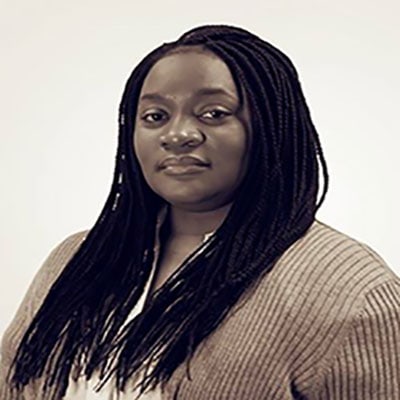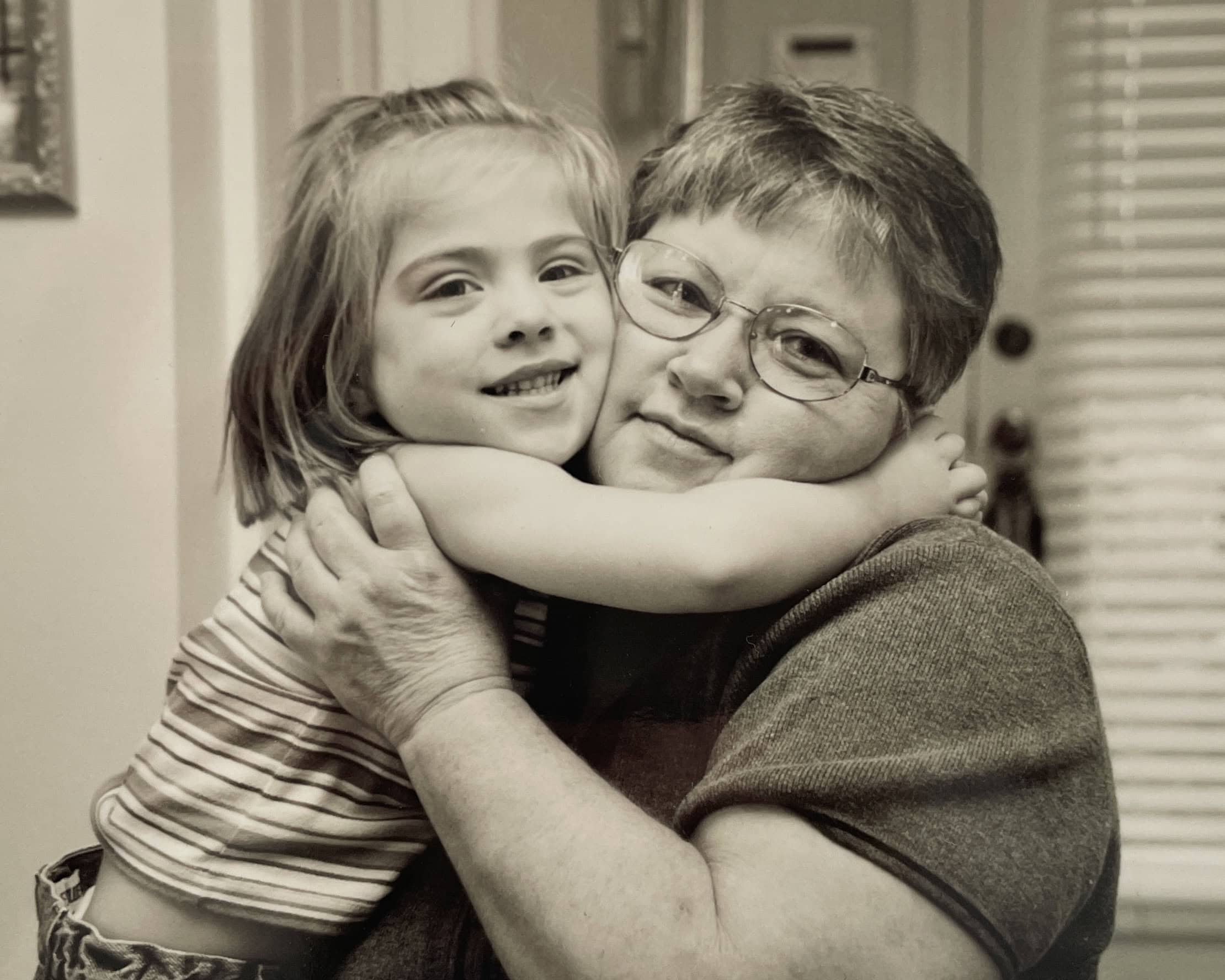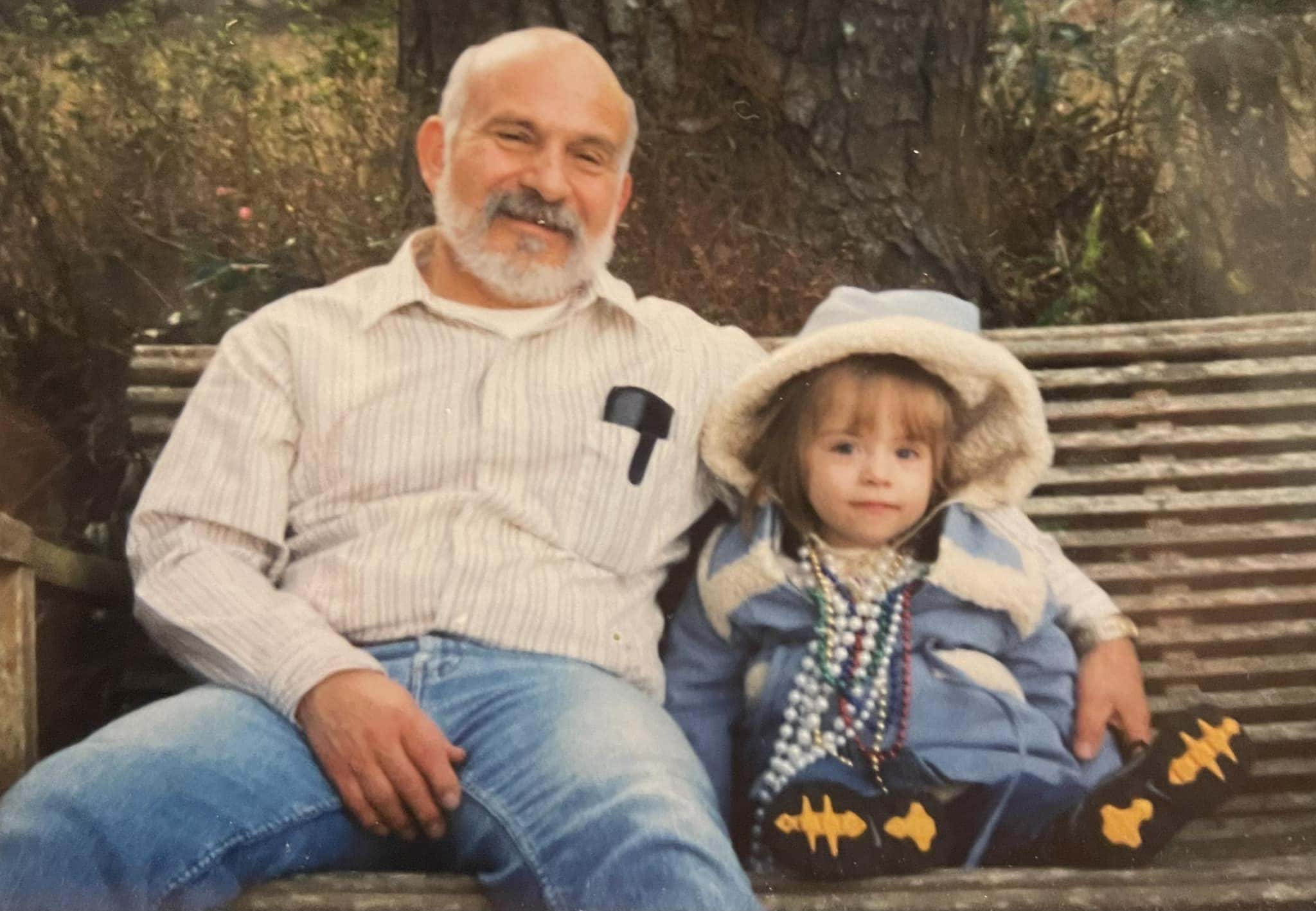Francena Turner is an adjunct lecturer of history at Fayetteville State University and a CLIR/Mellon Fellow and postdoctoral associate for data curation in African American history and culture at the Maryland Institute for Technology in the Humanities. She lives in Fayetteville, North Carolina, and has been a member since 2021.
Website: https://www.francenaturnerphd.com

Alma maters: BA (history), Fayetteville State University, 2014; EdM (education policy studies), University of Illinois, Urbana-Champaign, 2015; PhD (history of education), University of Illinois, Urbana-Champaign, 2020
Fields of interest: African American, Black women, higher education, community college, social movements, oral history, public history
Describe your career path. What led you to where you are today?
After I spent a decade as a respiratory therapist, I earned a BA in history at Fayetteville State University. I was selected to participate in the McNair Scholars Program while completing my degree, which led me to decide to pursue a doctoral degree. While at the University of Illinois, I earned an EdM in education policy and a PhD in the history of education. I am currently a CLIR Fellow and postdoctoral associate in data curation in African American history and culture at the Maryland Institute for Technology in the Humanities (MITH) and an adjunct lecturer at Fayetteville State University, where I teach African American history. Most of my work centers on African American histories and oral history methodology. I came to do this kind of work through a lifetime of listening to the stories of older Black women.
What do you like the most about where you live and work?
I am currently living in my hometown of Fayetteville, North Carolina, but work remotely for MITH. I love living close to my family while having better access to key university archives. I like working with the folks at MITH because they challenge me to see my work in various fields and outside of self- or academy-imposed boxes. It has always been hard for me to move thoughts to words on paper in a rigid and direct way and AADHum, for example, helped me realize there are any number of ways that I can tell the stories I want or need to tell.
What projects are you currently working on?
Currently, I am working on the Reparative Oral History Initiative through the University of Maryland’s (UMD) University Archive. I am the project manager for the Black Experience at UMD Oral History Project. I have conducted more than 30 interviews, and I am working on a couple of digital projects based on themes in the interviews and the archival research I have completed on how Black students have experienced the institution over the years. I am also working on writing from a life history study I conducted on Dr. Florence Beatty Brown, one of the first 15 Black women in the US to earn doctoral degrees in sociology. Lastly, I am working on moving key concepts or chapters from my dissertation, “Black Women and Student Activism at Fayetteville State University, 1960–1972,” into journal articles.
Have your interests evolved since graduation? If so, how?
My research focuses on historical and contemporary issues of equity, agency, and thriving in education through critical study of minoritized student experiences. Specifically, I research the ways Black students and faculty go into, through, and out of US higher education institutions and the ways they did or did not remain whole. With this as my focus, I am able to study any number of facets of American higher education without major shifts in focus. My archival and oral history work on student protests at historically Black colleges and universities (HBCUs), Black women’s career trajectories in a number of fields, and Black community colleges and faculties, all speak to my larger question: “How did we learn about, access, experience, and then exit places that either were not made for us or existed within a system designed to see us fail?” This kind of research and these kinds of historical studies reveal a lot that underpins contemporary realities.
What’s the most fascinating thing you’ve ever found at the archives or while doing research?
While conducting research in Fayetteville State University’s special collections, I found a proposal for a Black studies degree program that I was unaware the institution ever had. It was exactly what I needed to find for my dissertation, and it answered so many questions.
What do you value most about the history discipline?
The way that no other discipline should exist without a thorough understanding of its historical roadmap and connections. History helps ground us. It provides a level of preparation. For example, if I am a medical professional working in a particular community, it makes sense for me to know how that community views or what it has experienced with my profession or even with my office. Understanding these things would help me prepare for how to think about my work and how to best reach and engage that community.
Why is membership in the AHA important to you?
I find it important to keep abreast of what is happening in the larger history community and membership provides me with timely updates and access to that kind of information.
AHA members are involved in all fields of history, with wide-ranging specializations, interests, and areas of employment. To recognize our talented and eclectic membership, Perspectives Daily features a regular AHA Member Spotlight series.
This work is licensed under a Creative Commons Attribution-NonCommercial-NoDerivatives 4.0 International License. Attribution must provide author name, article title, Perspectives on History, date of publication, and a link to this page. This license applies only to the article, not to text or images used here by permission.



